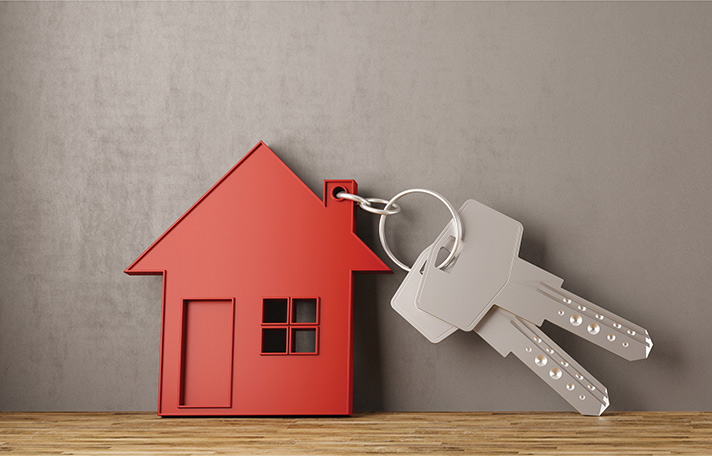On Real Estate & More – May 2022
U.S. home prices hit an all-time high in 2021, but those price increases are expected to slow in 2022 due to a number of economic factors. One of the biggest factors is how rising interest rates will impact the housing market. This used to be a pretty easy question to answer—when interest rates go up, it costs more to purchase a home, and demand drops. Price appreciation slows, and homes take longer to sell. More expensive money also meant fewer investors held homes so inventory would increase too.
In the current market, the projections aren’t that straightforward. The market has been so strong, some economists are starting to project that rising rates will finally be the catalyst to pop the bubble. Yet, even as rates have begun to climb, homes are flying off the shelf faster than before. The price of new listings continues to rise. People have been lined up to buy homes for so long that increased costs haven’t deterred demand… at least, not yet.
That being said, if interest rates continue to rise, we may see some small shifts in the market, and a short window of opportunity for some buyers. Those who have long-enjoyed the benefits of historically-low interest rates will have to adapt to a different environment as the Federal Reserve starts what is likely to be a series of rate hikes to fight inflation. Record-low mortgage rates below 3%, reached last year, are gone.
The Federal Reserve’s initial rate hike won’t have much immediate impact on most peoples’ finances. But with inflation at four-decade highs, economists expect the fastest pace of rate hikes since 2005. That would mean higher borrowing rates well into the future.
The Federal Reserve hopes that by making borrowing gradually more expensive, they will succeed in cooling demand for homes, cars and other goods and services, thereby slowing inflation. There are risks with raising rates. With inflation likely to stay elevated, in part because of Russia’s invasion of Ukraine, the Federal government may have to drive borrowing costs even higher. Doing so potentially could tip the economy into recession.
And to further complicate matters, some economists believe the market has begun to show evidence of a housing bubble. The continued lack of supply combined with surging demand has been driving up prices and pricing more potential buyers out of the market.
Lawrence Yun, chief economist at the National Association of Realtors, stated that the metrics related to income and affordability in housing appear out of sync and the strange movement in the data is really caused by lack of supply. People’s incomes have not risen to the degree that prices have risen, and the cost burden of ownership has been drastically increased. This is not sustainable, and the result is an increasingly inequitable housing market in which fewer people can own homes and first-time buyers are priced out entirely.
As interest rates climb, demand will fall off. Still, it is going to be really hard for this bubble to burst any time soon because demand is outpacing supply and even though rates are rising, money continues to be inexpensive by historical standards. The hope is that over the next year or two rising interest rates push some buyers to the sidelines to flatten home price appreciation. Then, potentially, homeowners would move their homes into the market.
All of these things have the potential to greatly impact the housing market, but none of them are happening overnight. If you plan on buying a home, don’t delay meeting with an agent to discuss your options.

 Sandy J. Brown lives in Jacksonville and is a real estate broker and land use planner with Windermere Van Vleet Jacksonville. She can be reached at sandyjbrown@windermere.com or 831-588-8204.
Sandy J. Brown lives in Jacksonville and is a real estate broker and land use planner with Windermere Van Vleet Jacksonville. She can be reached at sandyjbrown@windermere.com or 831-588-8204.